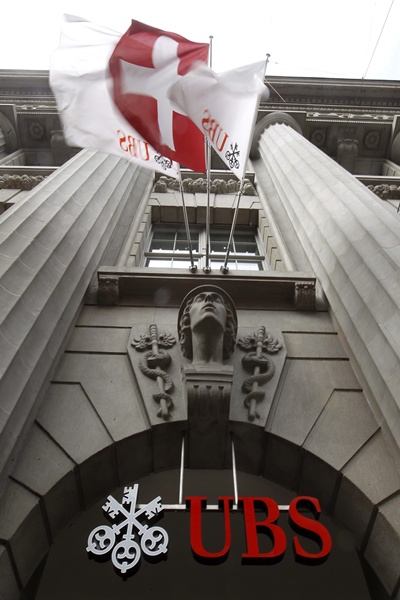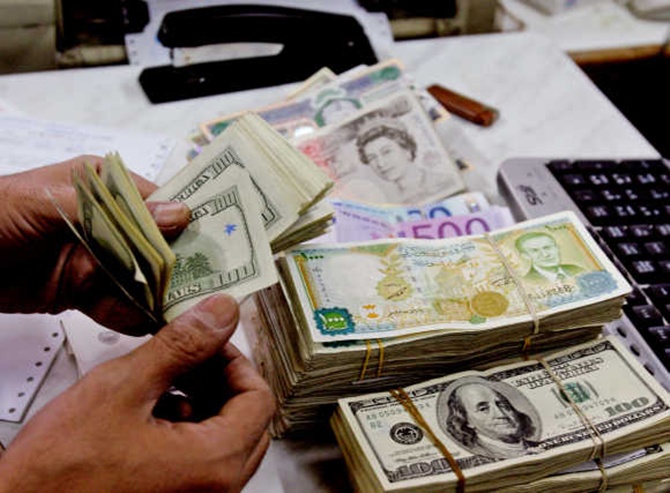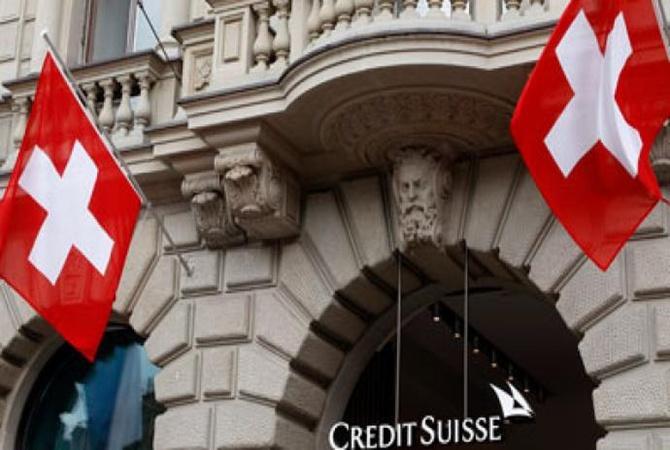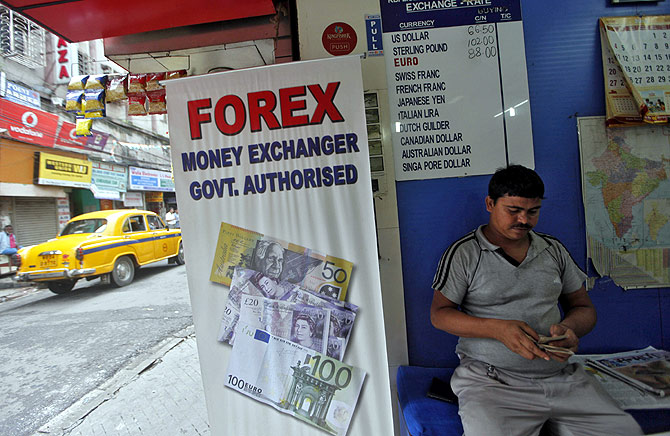 | « Back to article | Print this article |
Swiss agrees to share info on secret bank accounts of Indians
India’s long-time demand for the details of secret bank accounts of its taxpayers in Switzerland may be met soon.
After Swiss authorities enact a new law in this regard by July, they will share such information, without the permission of account holders.
This, however, will provide only partial relief to the Indian government, as Switzerland hasn’t yet relented to providing information on stolen data pertaining to HSBC Geneva.
Click NEXT to read more...
Swiss agrees to share info on secret bank accounts of Indians
Replying to Finance Minister P Chidambaram’s letter on sharing bank information, the Swiss government said its parliament had approved changes to the domestic law that would enable sharing information with a treaty nation such as India, without notifying the account holder.
Earlier, Switzerland had said under its banking secrecy law, it had to provide account holders prior notice of disclosure.
For stolen data, India had sought information about its taxpayers who had secret bank accounts in HSBC Geneva. But Switzerland has argued since the data was stolen, it couldn’t be shared under the tax treaty.
Click NEXT to read more...
Swiss agrees to share info on secret bank accounts of Indians
A finance ministry official, on condition of anonymity said, “By July, their law will come into force.
Their parliament has passed it and it is open for public consultation. They have made some exceptions, with regard to sharing banking information, but that does not apply to stolen data.
We are now in the process of drafting our response to their letter.”
India has been trying to tell Switzerland its request to secure information on HSBC account holders is valid, as the data was not stolen by India.
A former HSBC employee had stolen the information from a bank branch in Switzerland and the French government had shared it with India, under a double taxation avoidance agreement.
Click NEXT to read more...
Swiss agrees to share info on secret bank accounts of Indians
According to an agreement between India and Switzerland for exchange of information, New Delhi can seek retrospective information only from 2011.
Therefore, many Indian taxpayers who had parked black money in Swiss accounts but exited the country before 2011 will not be covered under the information-sharing mechanism.
The ministry official said India respected the agreement and had sought information only in case of accounts that were valid when the pact came into effect on April 1, 2011.
Click NEXT to read more...
Swiss agrees to share info on secret bank accounts of Indians
The amendment to the banking secrecy law was proposed last year, as India and the Organisation of Economic Cooperation and Development (OECD) stepped up pressure on Switzerland to comply with global standards and become transparent or face sanctions.
A tax partner with a leading consultancy firm said, “It will help India unearth black money. I guess it’s not merely because of OECD pressure; Switzerland is serious about its ties with India and wants to strength the relationship.”
The sharing of information will, however, have a catch.
The country seeking information from Swiss authorities, India in this case, will have to prove to Swiss tax authorities that prior notice to the suspected taxpayers could hinder investigation.
Click NEXT to read more...
Swiss agrees to share info on secret bank accounts of Indians
According to local reports, earlier, Switzerland had considered sharing information on stolen data with other countries, provided these countries didn’t have a hand in procuring it.
However, the proposal was later dropped due to fears this could give rise to acts of stealing data.
In its letter to Switzerland in March, India had threatened to drag it to G20 or suggest it be declared a non-cooperative jurisdiction for not sharing information.
Click NEXT to read more...
Swiss agrees to share info on secret bank accounts of Indians
At a press conference last week, Chidambaram had said, “It’s a long reply and the (Swiss) minister has defended the Swiss position in some matter.
The minister has made conciliatory statement in one of the matters. The reply is being studied very carefully and we will send a further letter in the next few days.”
The finance minister is keen on a quick resolution to the matter, as the Centre will see a change of government next month.
Click NEXT to read more...
Swiss agrees to share info on secret bank accounts of Indians
In February, Switzerland had told India it was closing the requests made in 562 cases, to which India had expressed “grave concern”.
Breaking the secrecy code
2008: HSBC employee Herve Falciani leaks tens of thousands of Geneva bank accounts.
2011: French govt gives that list to India, US, UK, Australia and Canada.
2012: India approaches Swiss authorities, seeks information on 562 cases.
Feb 2014: Indian and Swiss officials hold meetings; Swiss authorities inform India the request is closed.
March 13: FM writes to his Swiss counterpart, Eveline Widmer Schlumpf.
March 13: Swiss replies, says new law will enable share info without informing account holders.








